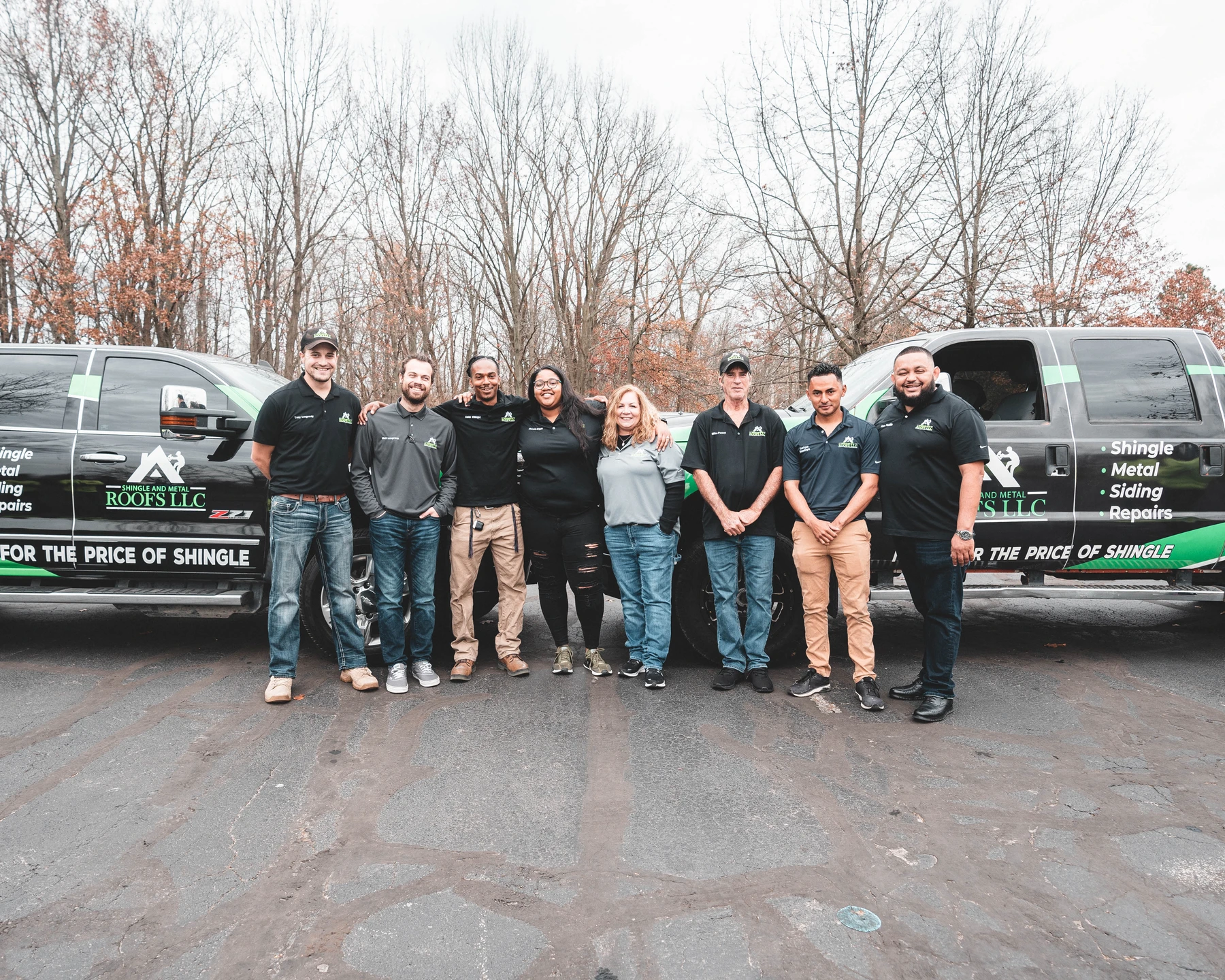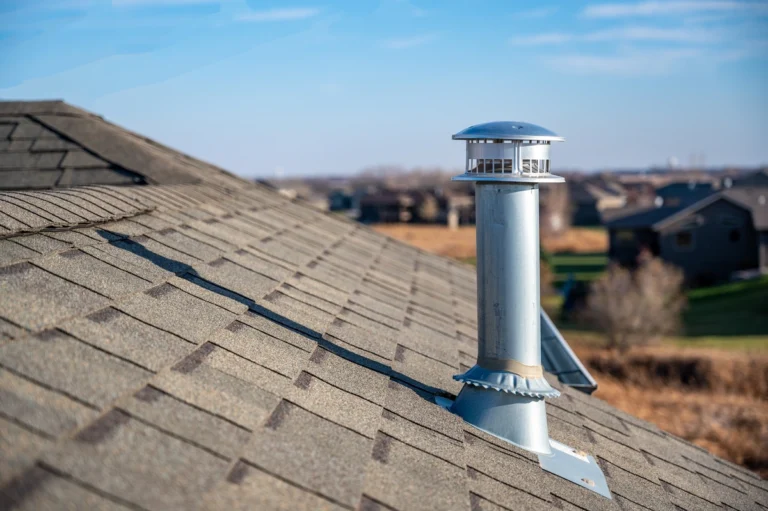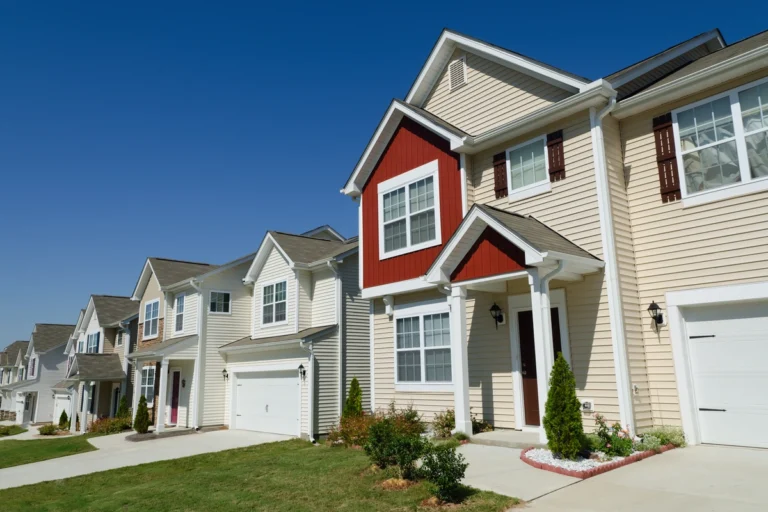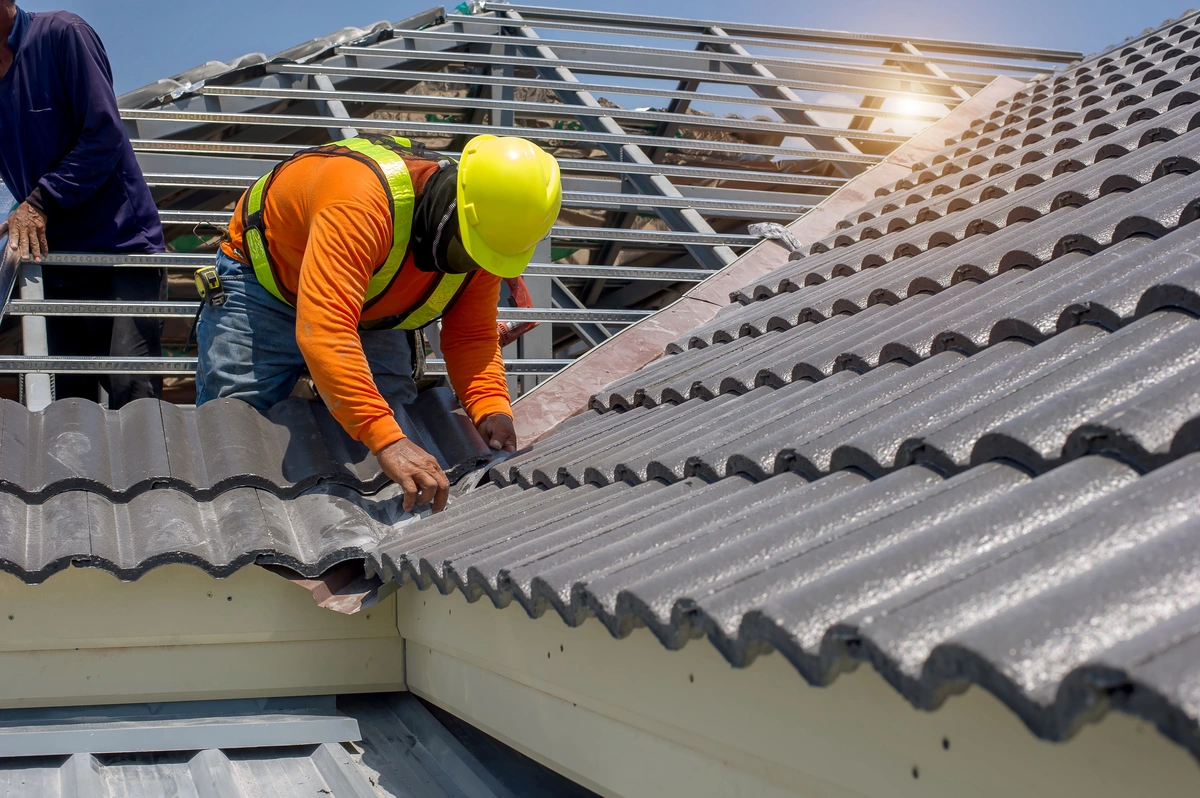
Your roof is an important factor in protecting your home, family, and belongings from the elements. However, damage happens as does the need for repairs.
The thing about roof damage is that it can often occur without warning. Sudden damage can be incredibly stressful, and delaying repairs due to insufficient finances can lead to bigger and more costly issues.
Trust us when we tell you that the average roof repair cost is much less expensive than an entire roof replacement. To help you prepare mentally and financially for potential roof repairs, we’ve put together the average repair costs based on a variety of factors plus tips on how to create a budget and everything else you need to know.
The Roof Repair Cost Breakdown
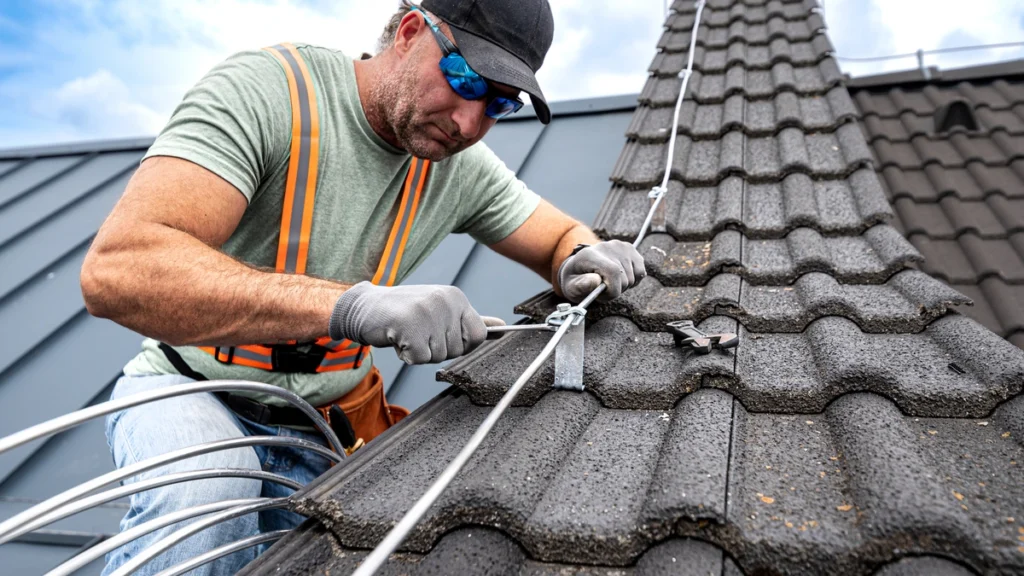
The average roof repair cost can easily range between $150 for minor repairs and $8,000 for major repairs. While this may seem like an intimidating range, it’s important to understand the different variables that come into play. (It should also be noted that the average roof replacement can run you upwards of $10,000.)
Below we’ll break down the potential roof repair costs you could be facing by the following factors:
- Repair type
- Roofing material
- Roof components
Cost of Roof Repair By Repair Type
The extent of the roof damage will have the largest impact on how much the repair will cost. Repair types range from minor to major, and here’s what the damage and cost breakdown looks like for each:
Minor Repairs
Minor roof repairs cost between $150 and $1,000, which typically include:
- Minimal replacement of shingles or other roofing material
- Light roof leaks
- Small punctures and tears
Moderate Repairs
Moderate repairs can cost between $1,000 and $2,000 as they usually involve:
- Moderate water damage
- Damaged flashing replacement
- Felt and roof decking repairs
Major Repairs
Major repairs will cost between $2,000 and $8,000 and take care of:
- Partial or extensive roof replacements
- Extensive damage, such as damaged components, roof decking, insulation, etc.
- A sagging roof
Roof Repair Costs By Material
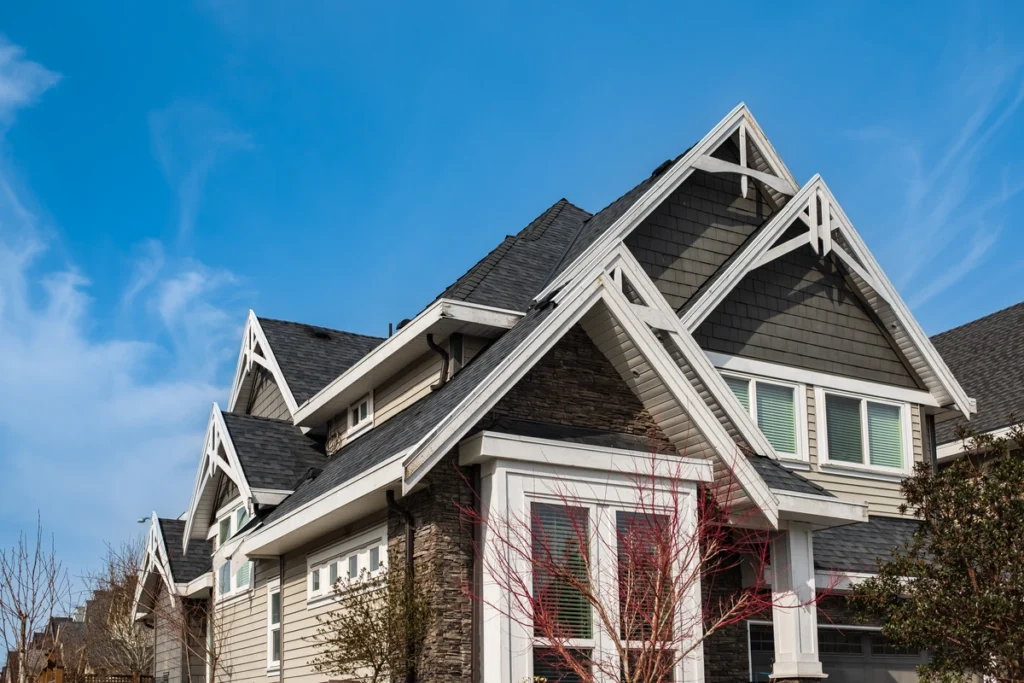
The above should give you an idea of what range you’ll fall in based on the extent of the roof damage. Of course, the type of roofing materials involved can add to the cost — and usually by the square foot.
The more difficult and expensive the material is to work with, the more it’ll cost to repair. Asphalt shingles are usually the cheapest regarding repairs whereas metal and slate roofing materials come with more premium prices.
Here’s the average cost breakdown by the most common material types and square footage (sq ft):
- Asphalt shingles: $875 or $4.25-$8.25 per sq ft
- Cedar shakes or shingles: $750 or $8-$14.30 per sq ft
- Clay tiles: $1,000 or $12-$24.75 per sq ft
- Concrete tiles: $2,400 or $11-$19.80 per sq ft
- Copper tiles or panels: $1,600 or $12-$20 per sq ft
- Corrugated metal: $1,600 or $5.50-$11.50 per sq ft
- Standing seam metal panels: $1,600 or $10-$17.50 per sq ft
- Steel shingles: $1,600 or $10-$20 per sq ft
- Aluminum shingles: $1,600 or $6-$16 per sq ft
- Slate tiles: $1,550 or $12-$22 per sq ft
- Flat roofings: $400 or $5.50-$7.50 per sq ft
Roof Repair Costs By Component
The average roofing system also has about a dozen components in addition to roofing materials that can corrode, rust, leak, or break. The average cost ranges for your roofing components are as follows:
- Chimney flashing: $200-$500
- Vents: $75-$250
- Verges: $250-$750
- Valleys: $300-$1,000
- Trusses: $500-$5,000
- Skylights: $300-$800
- Fascia and soffits: $600-$6,000
- Eaves: $1,500-$1,700
- Dormers: $250-$1,000
- Rafter tails: $300-$3,000
- Ridge Capping: $250-$750
- Gutters: $180-$560
There are a few other factors that may also contribute to costs, including:
- Overall roof design
- Roof pitch (or, roof slope)
- Weather
- Time of year
- The age of your roof
- Your location
- Permits
- Roof inspection or multiple inspections
- Whether you need an emergency roof repair
- Labor requirements (roughly 60% of roof repair costs are designated for labor)
Budgeting For Roof Repairs

Creating a budget plan for potential roof repairs can put more control in your hands when the time comes. Most homeowners don’t realize this, but there’s more than one way to budget for roof repair costs — and they don’t all revolve around putting money into a savings account.
Here’s how to budget for roof repairs the smart way:
- Know how and when to file an insurance claim. In some instances, your roof damage may be caused by storms or sudden accidents — both of which will be covered by your homeowners insurance policy to a certain extent. Therefore, it’s important to understand exactly what your policy covers, how the payout works, what your deductible looks like, and how to properly file an insurance claim to offset the costs.
- Find a roofing contractor you can trust. This is something you’ll want to do before damage occurs so you’re not scrambling to find a local roofer at the last minute. So, dig in and do your research to find a roofing contractor that has an excellent reputation, years of industry experience, and can provide insurance claim assistance if needed. Many roofing companies also offer special financing plans, which may come in handy if your homeowners insurance company fails you.
- Consider the timing. If your roof damage isn’t covered by homeowners insurance and you’re on a budget, you’ll want to consider scheduling the repairs during the off-season. Peak roofing season includes late summer through fall, which generally comes with peak prices. If you can hold out, try and schedule your roof repairs in the late winter or springtime.
- Inquire about your warranty. If you’ve replaced your roof in the past, you may still be eligible for a standard manufacturer’s warranty, workmanship warranty, or an extended warranty. Depending on how long it’s been, you may be able to get the repairs completed at no cost or at a prorated fee. However, if you don’t keep up with regular roof maintenance, your existing warranty may be voided.
- Consider a loan. If you don’t have the budget for an immediate roof repair, you may want to think about a home repair loan or a home equity loan. Each type of loan will have different terms regarding creditworthiness, but the most important thing is to only accept the terms you can realistically afford monthly to help finance the repair project.
- Create an emergency fund. It’s always recommended that individuals start up an emergency savings fund in case an unfortunate event occurs. If you have an emergency fund you can tap into — whether it be alone or in addition to other financing options — you’ll want to consider it. If not, you’ll want to start putting money away for a rainy day based on the factors listed above.
Whether you have a sagging roof or a few shingles missing, dealing with the financial and physical aspects of roof repairs can be stressful. Let Shingle and Metal Roofs LLC take your stress away by getting in touch with us today. We offer free estimates, special financing, insurance claim support, and more!

